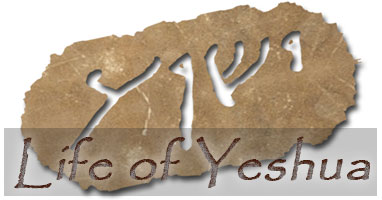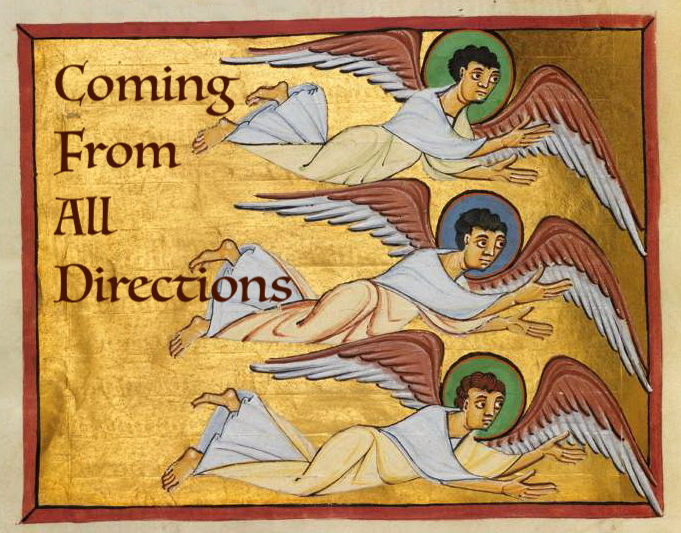(Matt. 8:11-12; Luke 13:28-29)
(Huck 46, 165; Aland 85, 211; Crook 89, 250-251)[1]
אָמֵן אֲנִי אוֹמֵר לָכֶם מְרוּבִּים יָבֹאוּ מִמִּזְרָח וּמִמַּעֲרָב מִצָּפוֹן וּמִיָּם וְיָסֵבּוּ עִם אַבְרָהָם וְיִצְחָק וְיַעֲקֹב בְּמַלְכוּת שָׁמַיִם וְאַתֶּם תִּהְיוּ מֻשְׁלָכִים לַחֹשֶׁךְ בַּחוּץ שָׁם תִּהְיֶה בְּכִיָּה וְחֵירוּק הַשִּׁנַּיִם
“Indeed! I tell you, many will come from east and west and north and south and recline at the banquet with Abraham, Isaac and Jacob in the Kingdom of Heaven. But you will be thrown into the darkness outside, where there will be weeping and grinding of teeth.[2]
| Table of Contents |
|
3. Conjectured Stages of Transmission 5. Comment 8. Conclusion |
Reconstruction
To view the reconstructed text of Coming From All Directions click on the link below:
Paid Content
Premium Members and Friends of JP must be logged in to access this content: Login
If you do not have a paid subscription, please consider registering as a Premium Member starting at $10/month (paid monthly) or only $5/month (paid annually): Register
One Time Purchase Rather Than Membership
Rather than purchasing a membership subscription, you may purchase access to this single page for $1.99 USD. To purchase access we strongly encourage users to first register for a free account with JP (Register), which will make the process of accessing your purchase much simpler. Once you have registered you may login and purchase access to this page at this link:
Conclusion
In Coming From All Directions Jesus warned his skeptical audience that by excluding themselves from the Kingdom of Heaven in the present they were simultaneously excluding themselves from the final redemption. When that redemption was realized, the poor, the weak, the despised and the dispersed would take their places with Abraham, Isaac and Jacob, but the privileged and self-satisfied members of Jesus’ audience would find themselves left out. The sad irony is that those who declined the Kingdom of Heaven had no need to go off in search of the opportunity for redemption, Jesus had brought it to them. Meanwhile, the Kingdom of Heaven was attracting others from far and wide who gladly accepted the invitation even though Jesus had not reached out to them personally.
 Click here to return to The Life of Yeshua: A Suggested Reconstruction main page.
_______________________________________________________
Click here to return to The Life of Yeshua: A Suggested Reconstruction main page.
_______________________________________________________
- [1] For abbreviations and bibliographical references, see “Introduction to ‘The Life of Yeshua: A Suggested Reconstruction.’” ↩
- [2] This translation is a dynamic rendition of our reconstruction of the conjectured Hebrew source that stands behind the Greek of the Synoptic Gospels. It is not a translation of the Greek text of a canonical source. ↩







































































